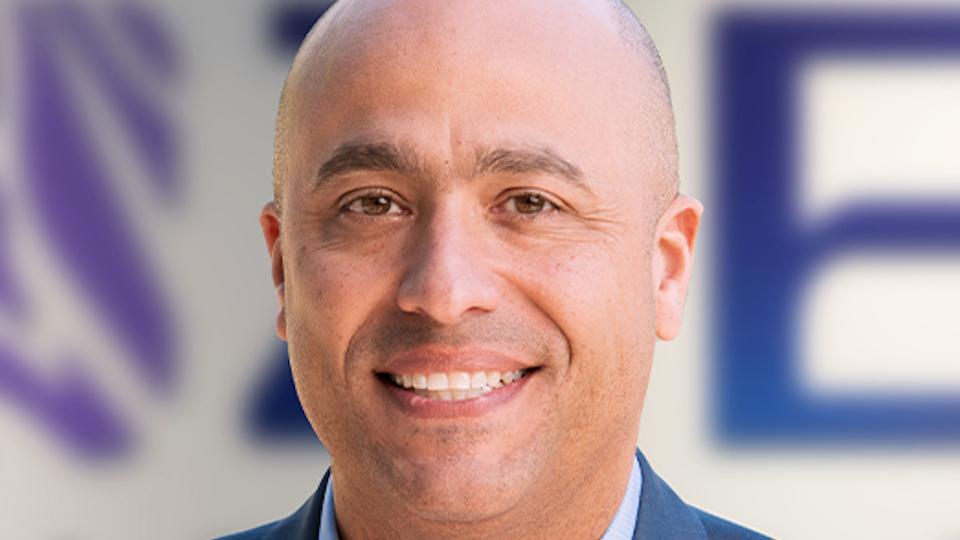FDA panel backs Zevra's arimoclomol, after earlier rejection

Zevra's chief executive Neil McFarlane
An FDA advisory committee has recommended approval of Zevra Therapeutics' arimoclomol for the ultra-rare disorder Niemann-Pick disease, three years after the regulator rejected the drug.
The Genetic Metabolic Diseases Advisory Committee (GeMDAC) voted 11 to five that the data support the approval of the drug for Niemann-Pick disease type C (NPC), a progressive genetic disorder that leads to the accumulation of fatty substances in tissues and can cause a range of symptoms, including liver and lung disease and neurological impairment.
In June 2021, when arimoclomol was owned by Danish biotech Orphazyme, the FDA issued a complete response letter for the drug and asked for an additional clinical trial, setting the programme back.
After the EMA's human medicines committee also said it would not recommend approval, Orphazyme ended up selling the programme to KemPharm in 2022, which was renamed Zevra the following year.
Now, the positive vote sets up what looks likely to be a favourable verdict from the FDA for arimoclomol by the review deadline of 21st September.
The GeMDAC made its decision on an enriched data set for arimoclomol, that included the original 50-subject phase 2/3 trial run by Orphazyme, as well as data from a four-year open-label extension, eight supporting laboratory studies, and real-world data from early access programmes.
While most panellists concluded that the benefits were modest, a favourable safety profile and oral dosing tipped the voting in favour of the drug.
Arimoclomol, which is designed to increase functional levels of a protein deficient in NPC, but whose mechanism is not entirely clear, has orphan drug, fast-track, breakthrough therapy, and rare paediatric disease designations from the FDA.
If approved, it will be the first approved therapy for NPC, which is currently treated off-label with miglustat – a drug originally developed by Actelion as Zavesca that is now available in generic form in the US – and therapies for symptoms like anticonvulsants.
It is estimated that around 300 to 400 people in the US are diagnosed and/or miglustat-treated for NPC. The disease can be diagnosed at almost any age from infancy to adulthood, and is a highly variable disorder, with some patients having devastating symptoms early in life and others reaching adulthood undiagnosed as the effects are relatively mild.
"We remain confident in the clinical benefit offered by arimoclomol as a treatment for NPC, and are optimistic about its continued path to approval," said Zevra's chief executive Neil McFarlane.
Trading in Zevra's shares was suspended in the build-up to the adcomm meeting on Friday afternoon but rose during after-hours trading. Analyst Tim Lugo at William Blair recently suggested the company could make around $200 million a year from arimoclomol sales.











